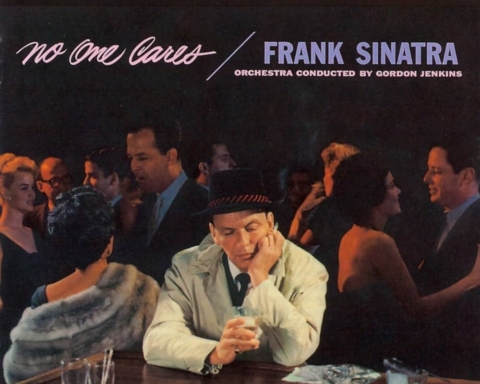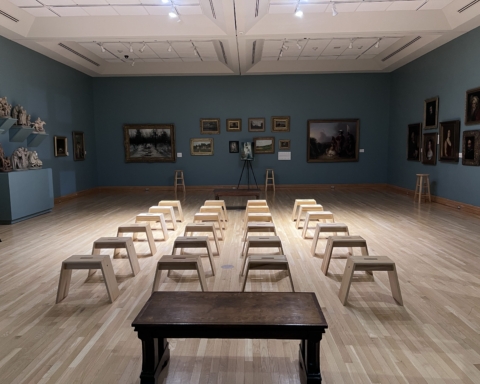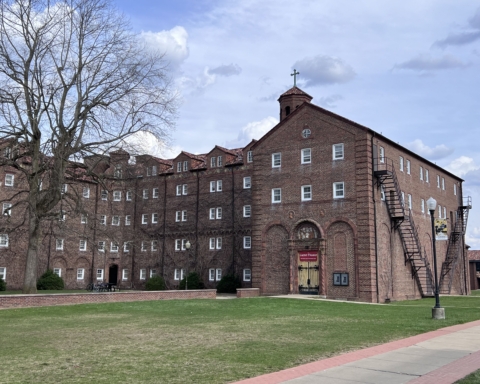By Cody Shimp, Contributing Writer
It is no secret that the COVID-19 pandemic has had an impact on the lives of everyone. An impact socially, mentally and physically. This pandemic has not only impacted everyone’s lives now, but has changed the future too. People across the globe have lost family members, friends, jobs, money, social interaction, sacrificed educational experiences, been subject to all kinds of government mandates, seen a surge in their mental health issues and so many more.
Throughout the pandemic, people have found themselves subconsciously experiencing a great deal of nostalgia.
In times of anxiety and uncertainty, nostalgia becomes a form of coping. Studies from streaming platforms such as Spotify, Netflix and live TV platforms have shown an increase throughout the pandemic in people listening to older music, watching older movies and TV shows and watching past sporting events.
The reason for the increase of nostalgic entertainment during this time of crisis is due to the fact that people look to the past when they were content with life and lifestyles were in a state of normalcy.
For some college students, remnants of nostalgia hit very hard. Being at home for around five months, the longest continuous period of time since high school, allowed past memories to slip back into the forefront of consciousness. Events such as family dinner five days a week, hanging out with friends from high school and sleeping in their own bed allowed for a flash to the past for college students.
Bridget O’Hern, a junior health and society major, experienced remnants of nostalgia during quarantine. “Being home for around five months really made me reflect on my high school years at home. I never expected to be living back in the house with my older siblings who have moved on with their life and eating dinner with my entire family practically every night.”
The consumption of nostalgia is simply being about the past: the yearning for a past that cannot be recovered. Nostalgia can be viewed as a progressive entity that helps people cope through times of crisis and look towards the future.
Wouldn’t listening to 2000s R&B, re-watching the best TV shows of the 2000s and re-watching the most memorable sport games in modern history possibly help you cope slightly during a time of crisis?
Although those seem fun and all, people were not experiencing nostalgia for a return to those times. They were longing for a return to life before the pandemic. A return to social interaction, shopping, vacations, concerts and ultimately unrestricted social life. What society is experiencing is nostalgia for a past that held the promise of a future.
While attempting to reconnect with the past, nostalgia brings many challenges to society. When considering the past, many issues of oppression arise. Dating back to before the civil rights movement of the 1960s, populations have been oppressed due to their gender, race, sexual identity, religious beliefs and many more identities.
When the killing of George Floyd occurred back in May by a police officer, with the remnants of nostalgia already subconsciously in the minds of people in society, it returned to the minds of people the brutal happenings to people of color by law enforcement in the United States. By some, this is seen as the straw that broke the camel’s back.
Mass Black Lives Matter protests occurred in response because people were worn out upon the fact that people of color were continuously being targeted by law enforcement. Since lives move at such a fast pace, the time off during the pandemic gave people time to slow down their lives and reflect.
With people getting furloughed and laid off, people were able to recognize what was going on nationally. It gave people time to realize the injustices that were still evident in America. The rise of nostalgia during the COVID-19 pandemic gave time for reflection; reflection that injustices are still evident and strong in our society.
shimpcj18@bonaventure.edu





